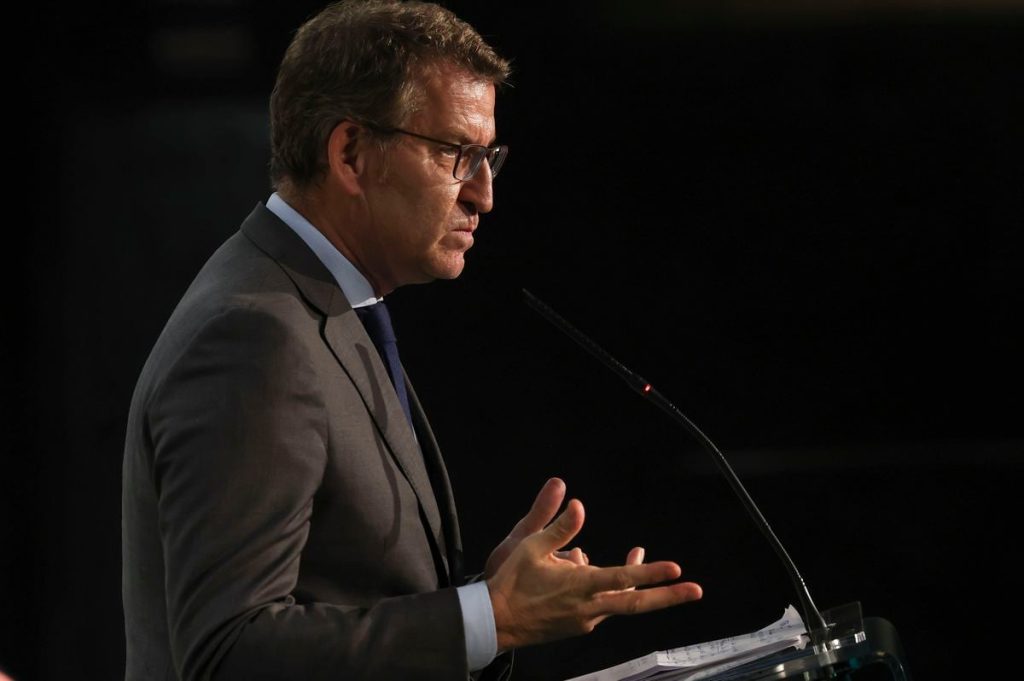Franquismo refers to the dictatorship imposed in Spain by General Franco following the civil war of 1936-1939, which lasted until his death in 1975. This period of history encompasses the rule of General Franco. Recently, leaders of the Popular Party (PP) have been asked whether Franco’s regime was a dictatorship. The president of Castilla y León, Alfonso Fernández Mañueco, stated that Francoism is indeed a dictatorship, citing the definition in the dictionary. The PP leader, Alberto Núñez Feijóo, expanded on this by mentioning the terrorist group ETA in relation to Franco’s regime.
The controversy surrounding Francoism has arisen due to the efforts of PP and Vox governments in Aragón, Comunidad Valenciana, and Castilla y León to overturn and replace laws regarding democratic memory with revisionist laws of “concord”. The government of Castilla y León’s new law avoids the term “dictatorship”, leading to accusations of whitewashing Francoism by the government of Pedro Sánchez. The government has announced plans to challenge the new laws at international institutions due to violations of international law. President Sánchez visited a forensic laboratory working to identify the remains of victims of the Franco regime, responding symbolically to the right-wing offensive.
While the PSOE and the extreme right have taken clear positions on the issue, the PP has struggled to address it, opting for a defensive approach. The PP has been hesitant to engage with the sensitive topic of historical memory, with some party figures avoiding making definitive statements. The controversy surrounding Francoism has been branded as a distraction from corruption scandals by the PP, even though it was the PP and Vox governments that initiated the debate on historical memory legislation.
The actions of the PP and Vox governments have put pressure on the leadership of the PP, with the party being accused of being influenced by Vox in adopting certain policies. The PP’s move away from its previous position on historical memory represents a significant shift in its political stance. The new narrative proposed by the Castilla y León government seeks to downplay the historical significance of the Civil War and Franco’s dictatorship, drawing criticism from the left and traditional supporters of democratic memory.
The PP is facing internal challenges as it navigates the issue of Francoism and historical memory. While some within the party have advocated for a conciliatory approach, others view the PP’s shift in stance as influenced by its alliance with Vox. The reluctance of the party to fully engage with the legacy of Francoism and adopt a clear position on historical memory laws reflects the complexity of the issue within the party. Despite this, there are indications that the PP is gradually moving towards a more assertive stance on historical memory, as evidenced by recent developments in Castilla y León and other regions.


